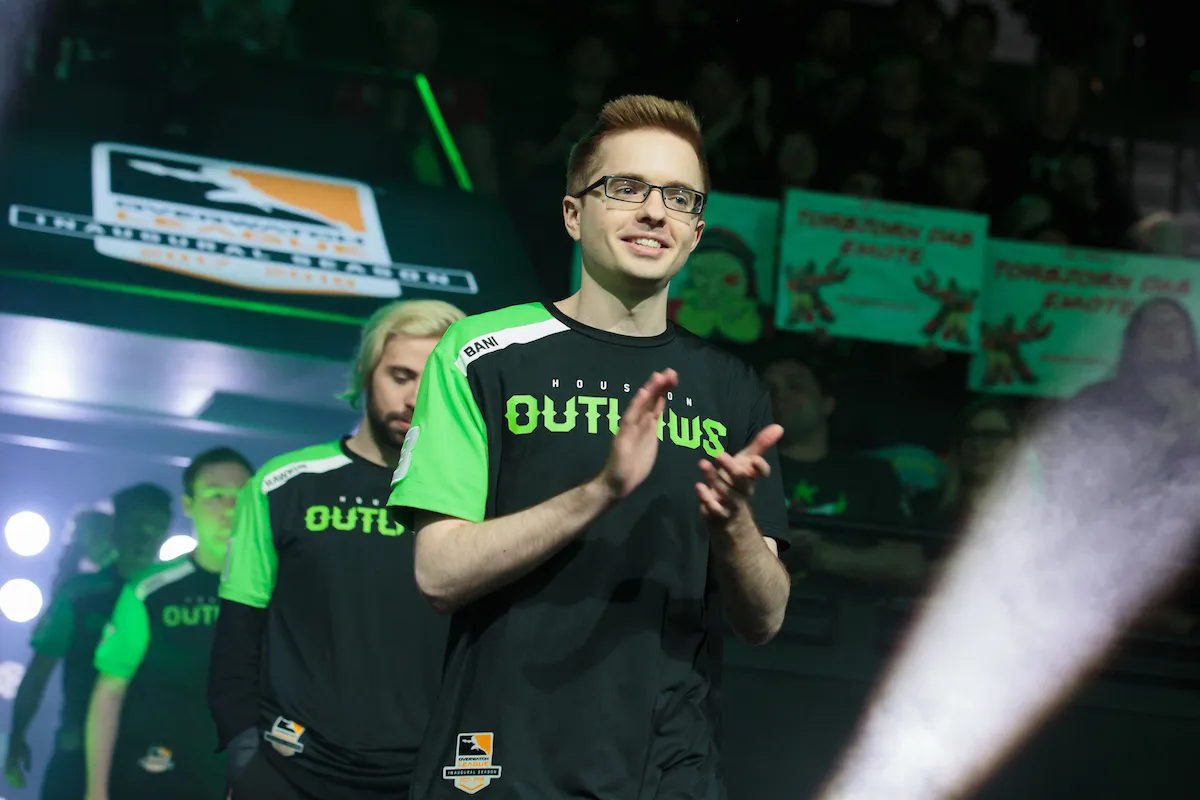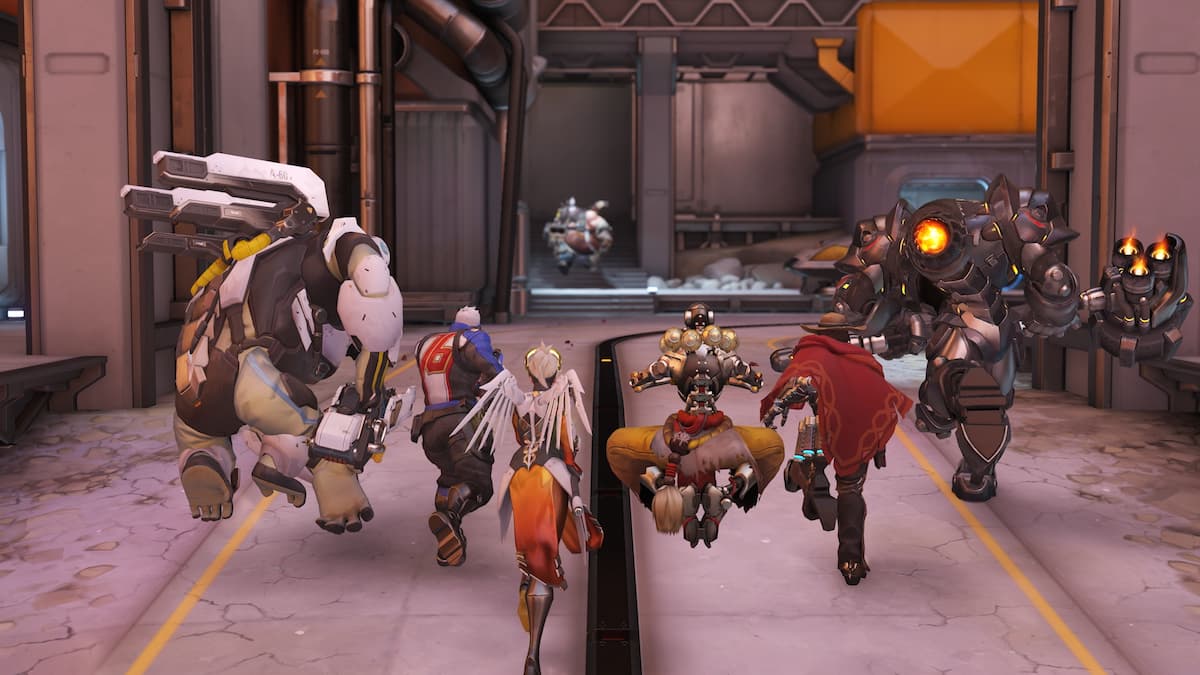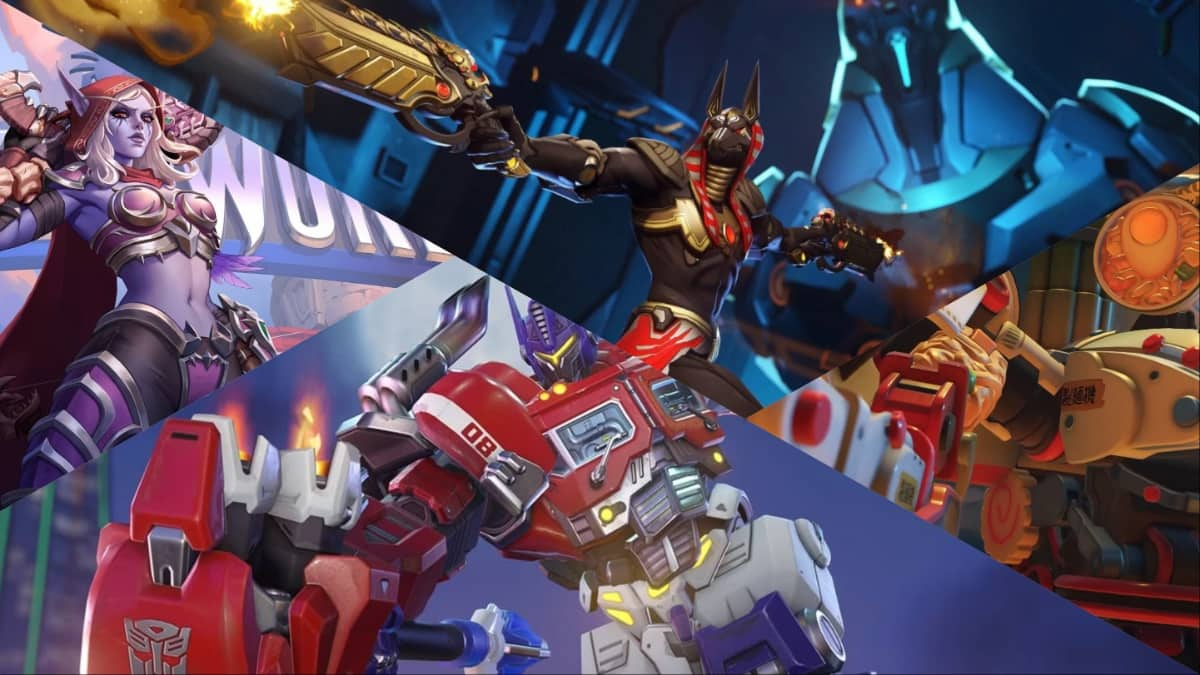This article is brought to you by StatBanana, the best Overwatch strategy tool.
During the 2019 Overwatch League offseason, Chris “Bani” Banell left his position as main support on the Houston Outlaws to pursue a coaching career. The veteran player landed a spot as the individual coach for the Washington Justice, becoming a key part of their management reconstruction.
Bani brings a level of expertise few players-turned-coaches have in the scene. He was a part of early competitive Overwatch teams like Gale Force Esports and FNRGFE and also played for Team Canada for two years of the Overwatch World Cup.
With the Justice’s season set to begin on Feb. 15, Bani talked with Dot Esports about his new journey.
What exactly does an individual coach do?
Bani: My role as individual coach exemplifies my ability to relate to the individual players and my understanding of how to approach feedback, based on my experience competing in [the Overwatch League]. The duties of a coach are very flexible depending on the needs of the team. But in general, we produce review material at the end of every day, which the team reviews the next day before scrims, and we help direct practice in the most productive manner possible.
That material then is often tailored for specific players, the entire team, or a subset of the team to help cover a wide range of concepts. Additionally, coaches may do one-on-one coaching sessions, research upcoming opponents, and several more niche tasks.
You said on Twitter that your “in-game playstyle has evolved to become essentially a proxy coach.” Is this what made you want to transition to a coaching position? If not, what did?
My plan entering the Overwatch League had always been to eventually transition into coaching. But the evolution of my gameplay made it even easier to make that decision. I often found myself wanting to focus on the larger team rather than just my own play in personal review, and my desire to be prepared for every situation (within reason) naturally leads to a good coaching mindset.
What do you anticipate will be the hardest part about transitioning from a player role to a coaching role?
Honestly, I think I am well prepared for the transition, given my experience and the mentality I’ve carried with me throughout pro play, so I don’t believe the transition will be that hard. The greatest challenge I’m anticipating is working with a larger portion of ESL [English as a Second Language] players and staff, which is a challenge that we all share. I hope to be effective at communicating without using unnecessarily complicated language and to find creative ways to communicate beyond [the] use of a translator, which we do have to assist us when needed.
What’s your favorite part about coaching?
My favorite part of coaching is feeling justified and fulfilled in spending all my time analyzing the game and our gameplay without feeling like I need to go back to ranked [Overwatch] to keep my mechanical skills consistently top-notch. I focused on this quite a bit as a player already and it feels quite freeing to be able to dive into analysis head-on, with no restriction.
What have you learned from your experience on previous teams, like the Houston Outlaws and Team Canada, that will help in your coaching career?
I’ll always be grateful that I had the chance to play with all the talent on Outlaws and Team Canada. Hearing the analysis and opinions of all these players has [improved] my ability to understand the game from all different perspectives and situations, which I believe will prove to be invaluable as I transition to coaching. In addition, I’ve come to understand the types of structure, review, and communication that leads to success and I’m excited to bring that knowledge with me to the Justice.
We’ll finish with a fun one. What are you looking forward to the most in Washington, D.C.?
I’m from Ottawa, Canada, which is essentially the Canadian version of D.C., a political capital full of historic museums and landmarks. I’ve enjoyed visiting the Canadian museums of natural history, war, civilization, science and technology, and art. So, naturally, I really want to check out the Smithsonian. Also, [I’m looking forward to] going to see all the landmarks I’ve seen in TV and movies throughout the years, like the Lincoln Memorial, Washington Monument, the White House, and so much more.
The Washington Justice play their first game of the season against the Philadelphia Fusion at 5pm CT on Feb. 15.
This interview has been edited for clarity and length.







Published: Feb 14, 2020 05:39 pm